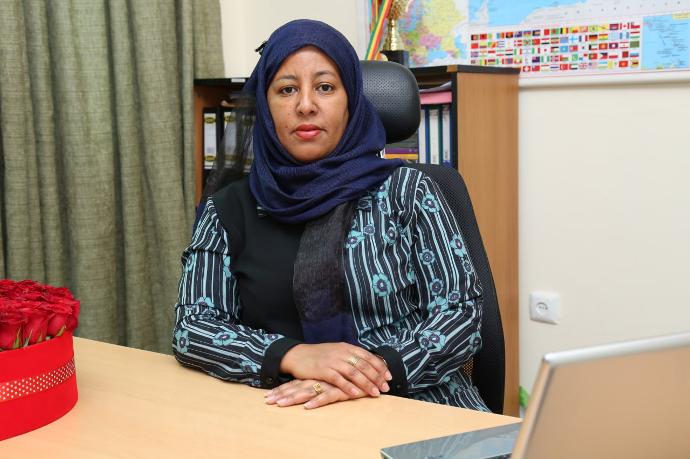Primary Division
The primary years are the time for curiosity, experimentation, research and questioning. The skills for mathematics, Amharic and beginning Amharic, English and beginning English, social studies, civics, ICT, science, art, music, and physical education are integrated through thematic units within the International Primary Curriculum (IPC).
The IPC promotes inquiry-based, experiential, and cross-curricular learning. Each IPC theme covers a wide range of curriculum subjects and shows students the important links between them. As well as these academic aims, the IPC includes ‘personal goals’ and ‘international goals’ which provide a social, moral and international education. This holistic approach to education emphasizes the importance of educating the whole child, and recognizes the value of both academic and social education.

